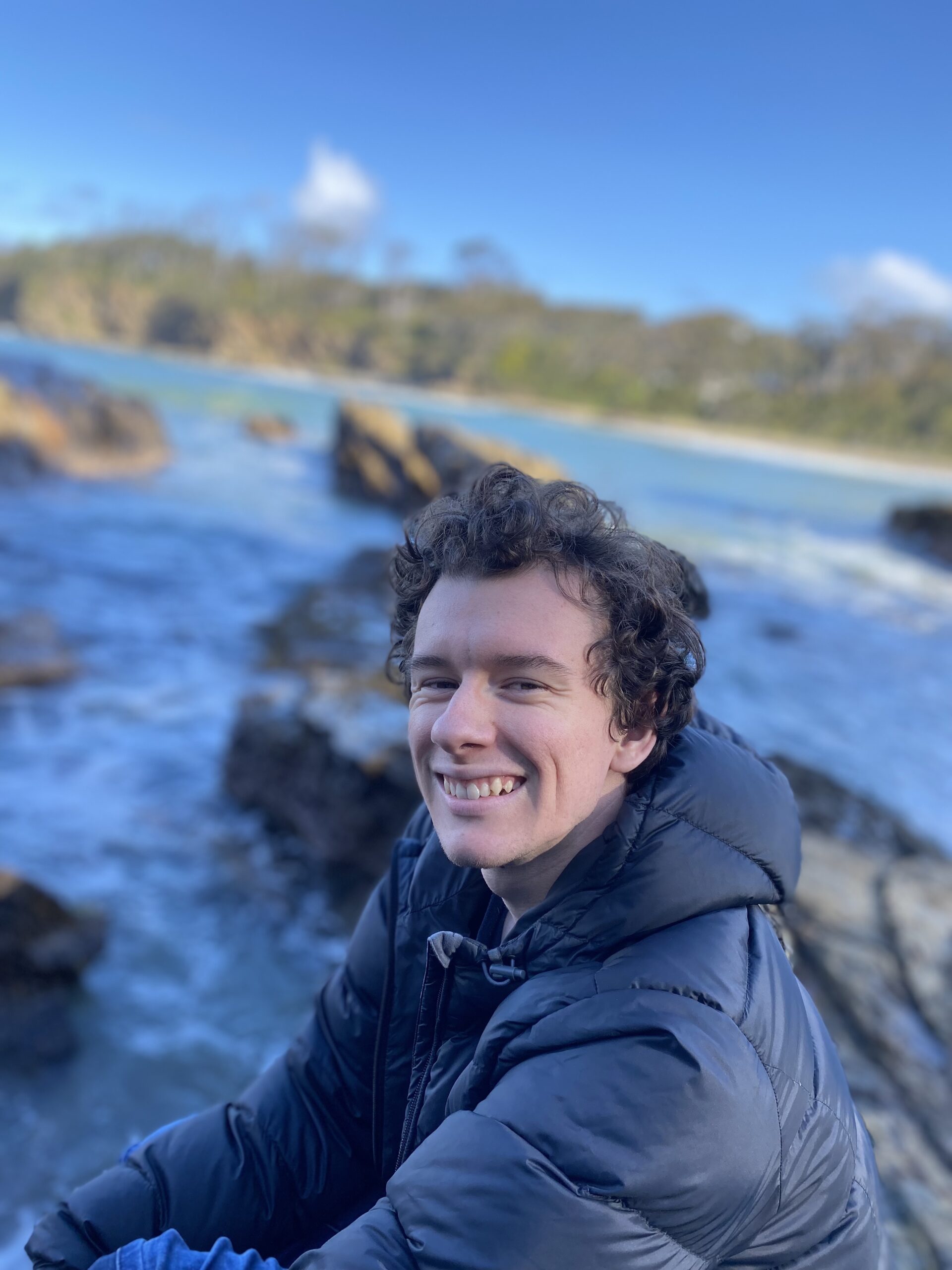It’s easier to learn a second language than you think
Hello, and apologies for the late blog this week! I am visiting my family for the Easter long weekend and that has thrown my schedule off slightly. So this is just a quick post about my experience learning a second language, Indonesian, before I commence fieldwork later this year.
There’s a myth that children can learn a second language really easy, and that adults really struggle to learn a second language. This then has real consequences of encouraging people not to even try learning a second language, because what’s the point? You’re not a kid anymore, so it’s going to take a lot more effort from you to become fluent. But this is a very big generalisation, and it flat out isn’t true. Learning a language at ANU, for example, gets you to (apparently) a CEFR B2 level after 2 or 3 education. The CEFR is a test for analysing foreign language profeciency; the lowest level is A1 and it goes up to C2 (which would probably stump many native speakers). Now, because it’s a test for analysing foreign language proficiency, it doesn’t align well with analysing a native speaker’s proficiency (because when you learn a language as a kid, you aren’t necessarily aware of the grammar rules – you just learn them through practice). But we could probably (very) roughly say a 10 years old native speaker would have around a B2 level. So, 3 years of university study is equivalent to 10 years of a kid learning the same language – well, you look at the raw numbers and it’s obvious that it isn’t easier to learn a language as a kid necessarily.
Of course, what does come easier is that as a kid you are surrounded by opportunities to have your brain fill in the gaps, so to speak. For example, say you’re a kid and someone asks “do you want a chocolate egg?”, at Easter, holding out a chocolate egg. Let’s say you know what an egg is, and that “do” is a question marker and “you” refers to your person (I may be butchering the linguistic terms but roll with me). Then your brain will fill in the rest of the meanings after your are enjoying your Easter treat; that “chocolate” is this brown sugary goodness that tastes really good, and “want” is the word for when you like something and would enjoy eating whatever comes after. Then you might here “want” in a different context, and realise it’s not just about food, but also about any activity. You have many of these opportunities as a kid, but they are harder to come accross as an adult in a dominant language culture. That’s why my Indonesian teacher recommended I listen to Indonesian radio and TV to improve my speech – because I am familiar enough now to “fill in” the gaps from the words I don’t know.
Moral of the story, don’t let language learning myths stop you from making those first steps in learning a language!
